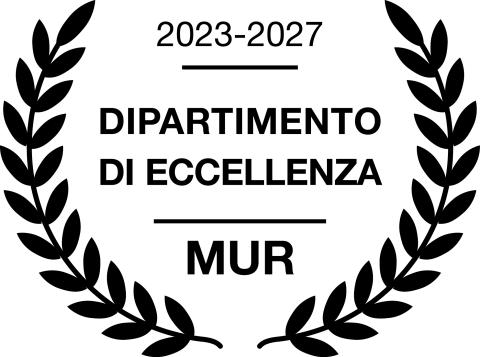
Songlines to Maplines
Why Borders Matter

Questo contenuto è disponibile solo in inglese.
What exactly do borders demarcate? In the world of Greek border arbitrations the answer seems straightforward: a border, such as the Ambryssos/Delphi settlement, separates two autonomous communities with a dividing line. Yet there are other distinctions marked by borders: inscriptions employing local alphabets evoke dialectical difference that may be as real and significant as arbitrated boundaries. The Ambrakia Polyandrion, for example, uses the Corinthian alphabet to make a clear claim regarding the city’s place within a broader Corinthian sphere, where the borders were fuzzy. Complementary to inscribed boundaries, myths supplied softer borders to places and localities in ways that were nevertheless distinct: the Gorgon in Argos is not the same as the Gorgon in Athens. In some parts of the Greek world, in fact, the soft borders of myth and song were more compelling than hard borders: In Aitolia, for example, the stories of Acheloos and Kallirhoe, as well as the artifacts such as coins, effectively comprised parts of a toolkit, which, along with local epic, genealogy and geology, matched, supported or served in place of hard, negotiated, inscribed borders. In fact, across the Greek world, objects from rooftiles to bronze figurines defined cultural zones just as succinctly as border inscriptions. The ultimate boundary, between the known and the unknown, was patrolled by monsters, so that as definite borders become more limited in use, cultural boundaries served to separate the familiar from the threatening.
- To participate on-line (register by 9 March 2025)
No registration needed for participation in presence.
Scientific responsibility and organization: Serena Luzzi e Denis Viva

